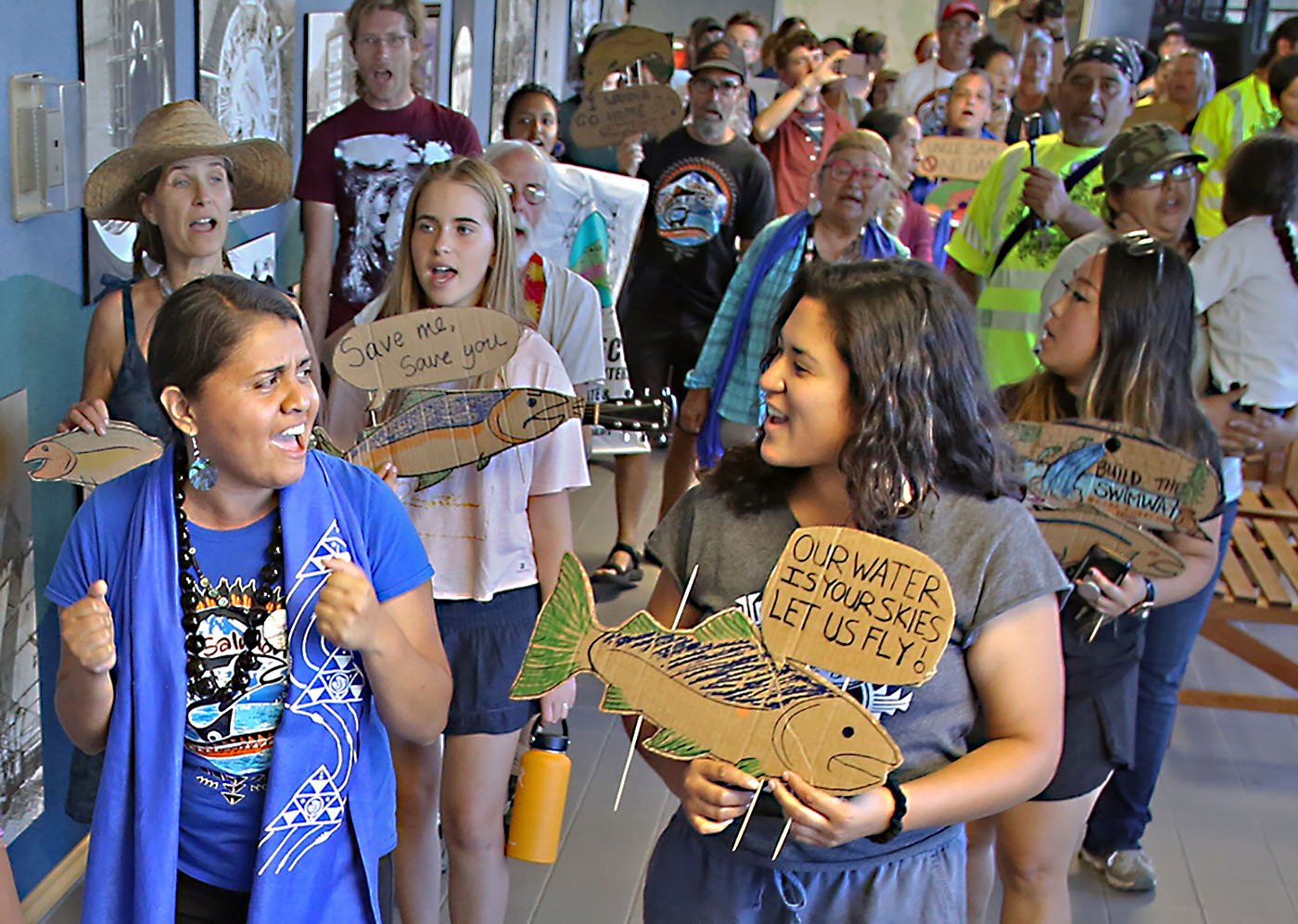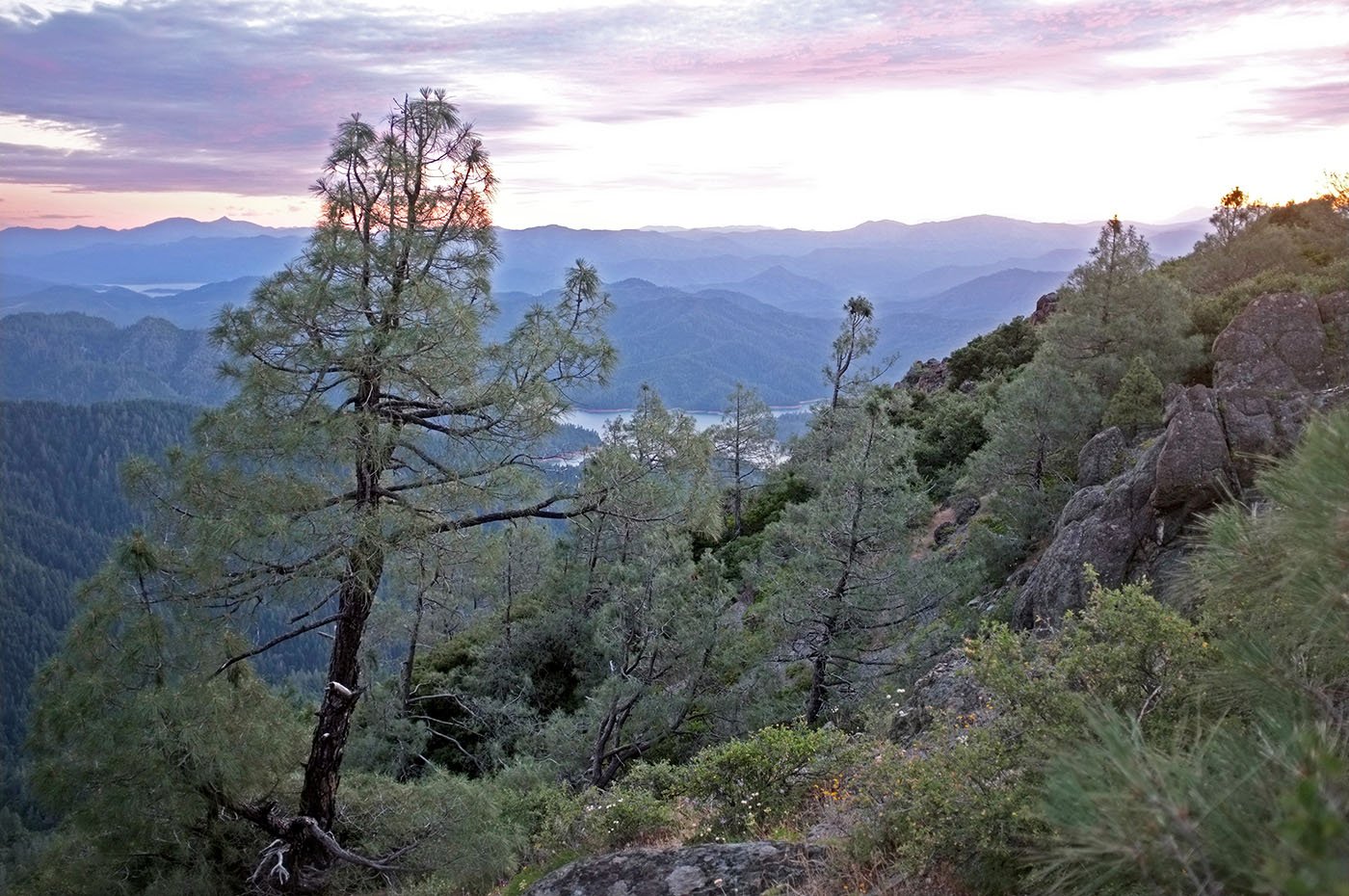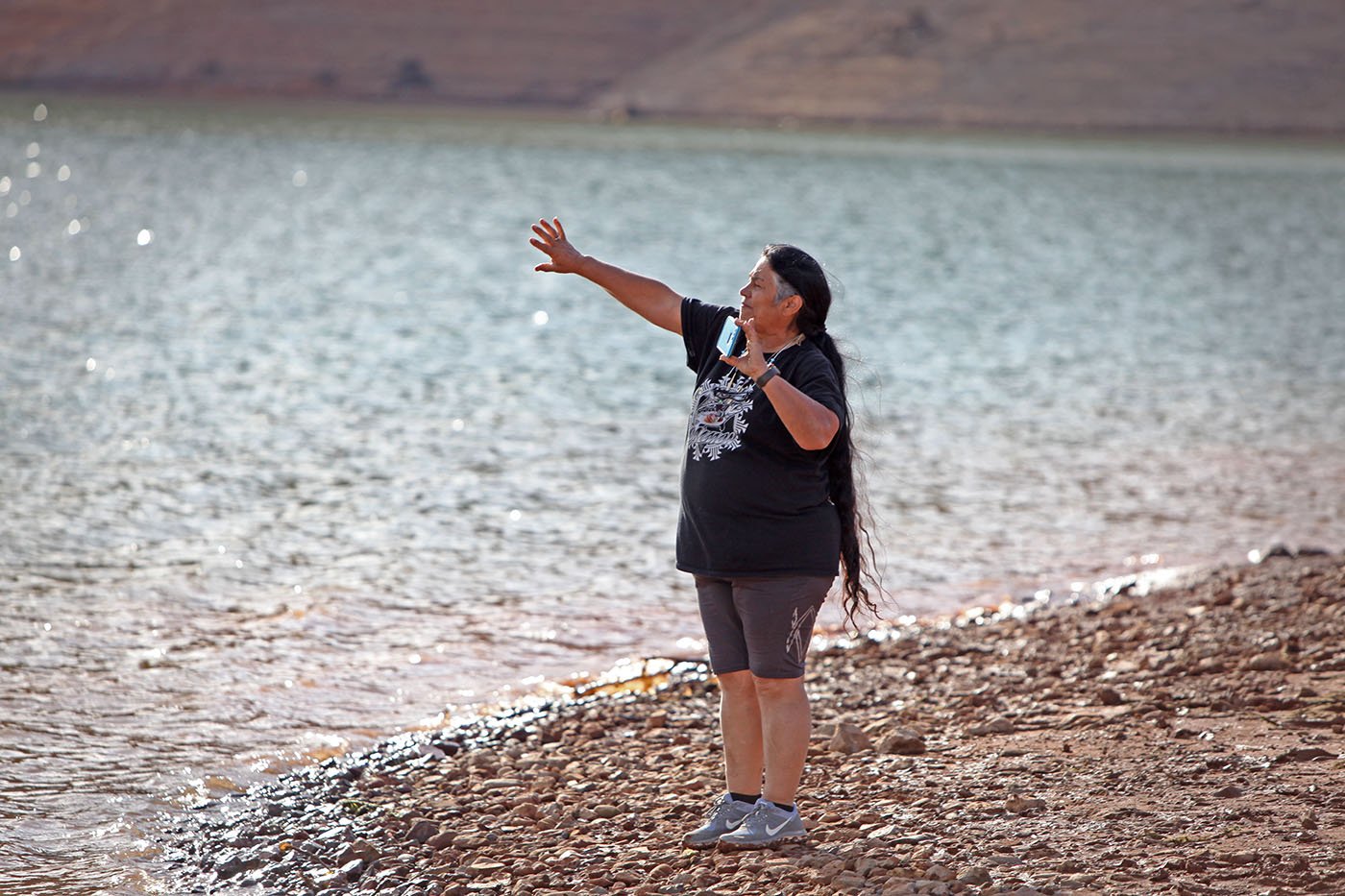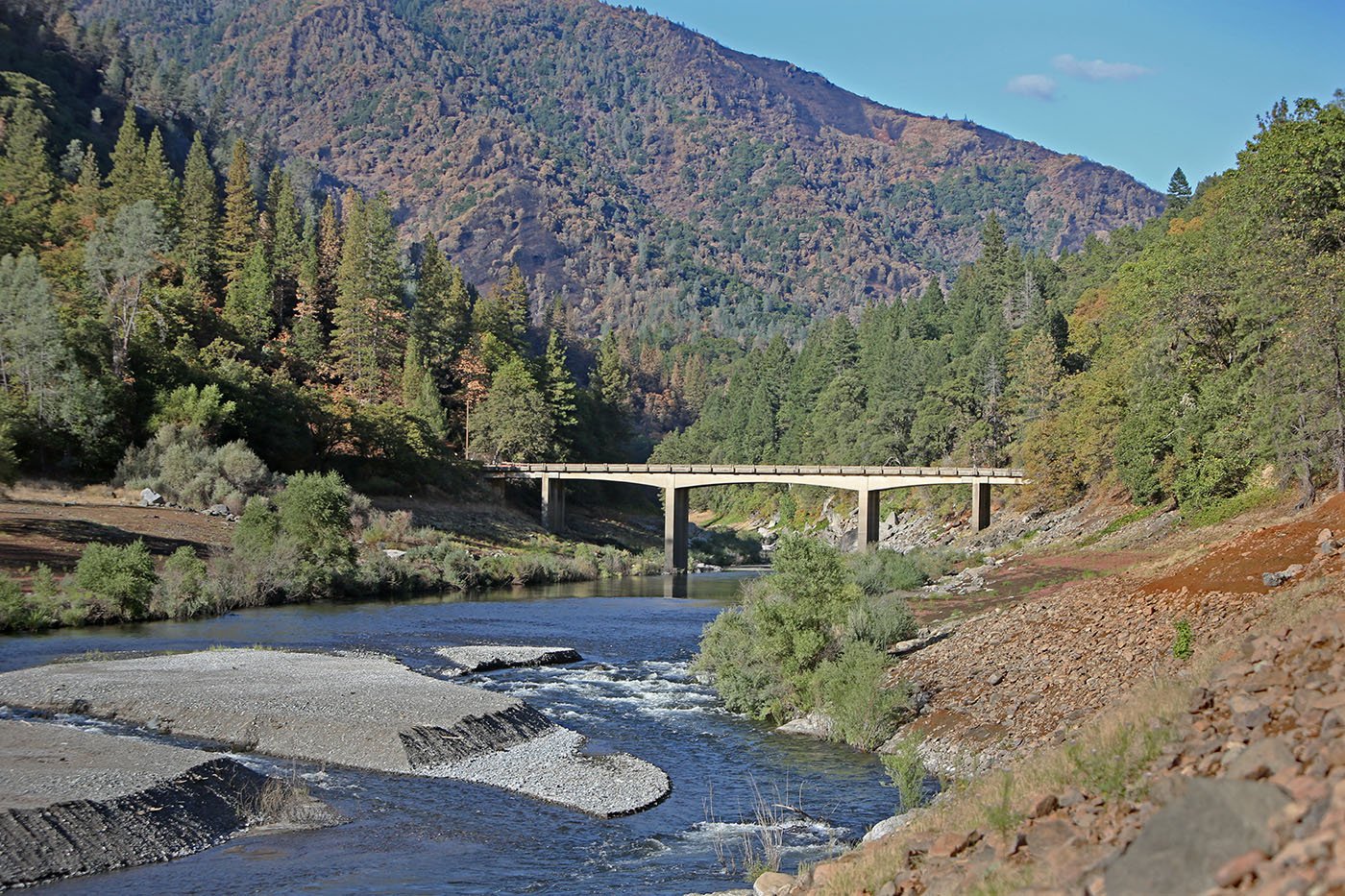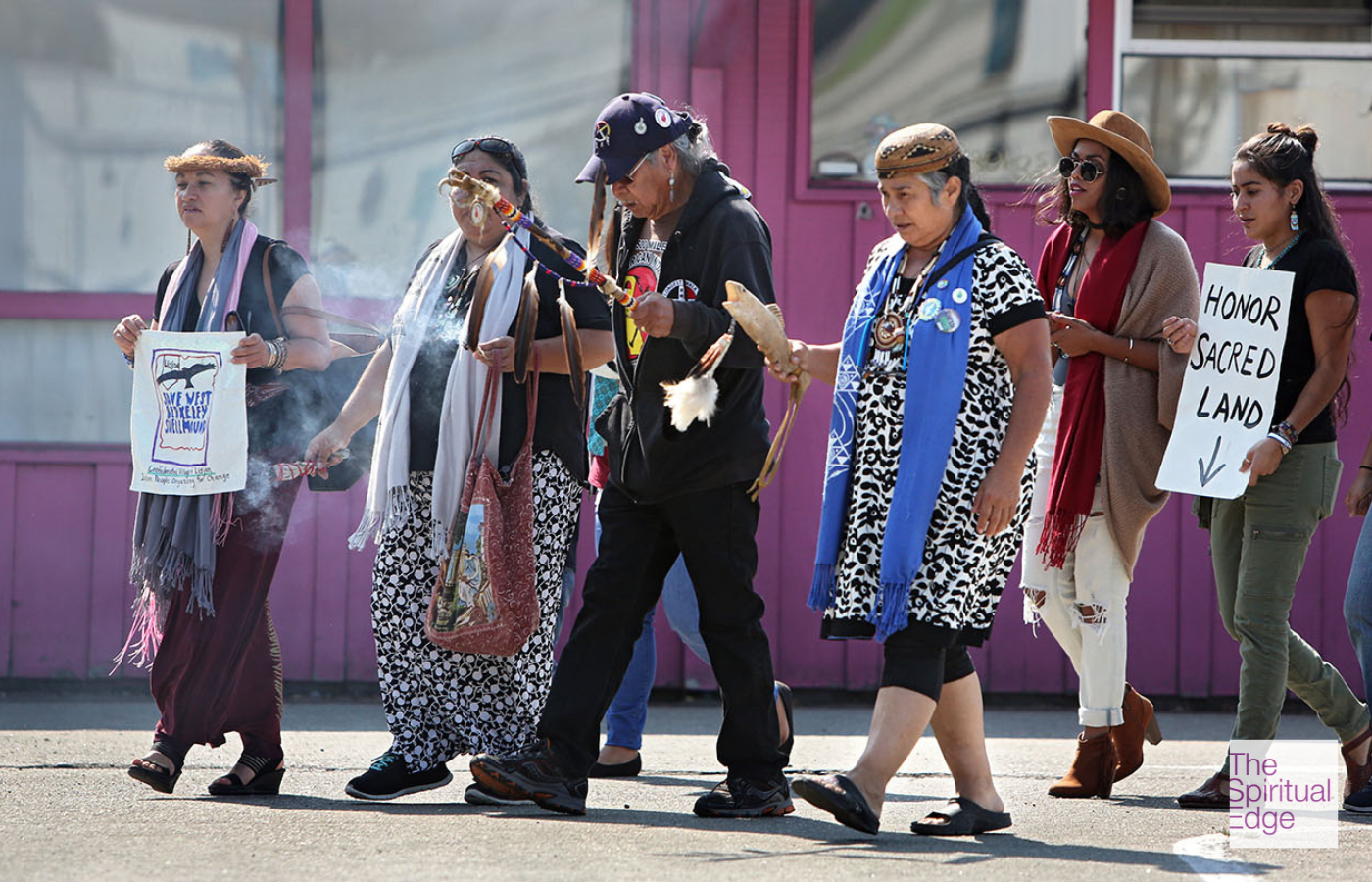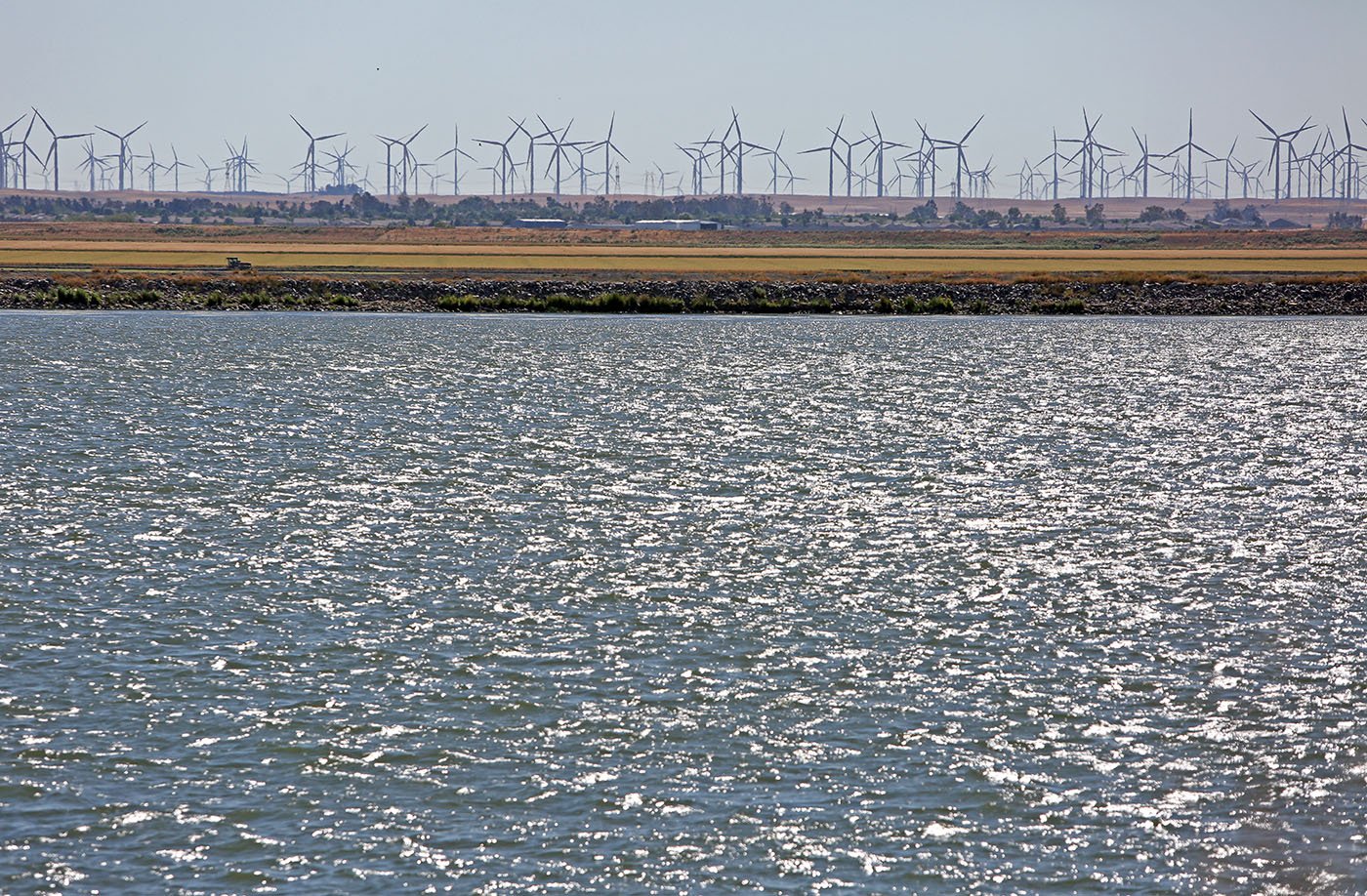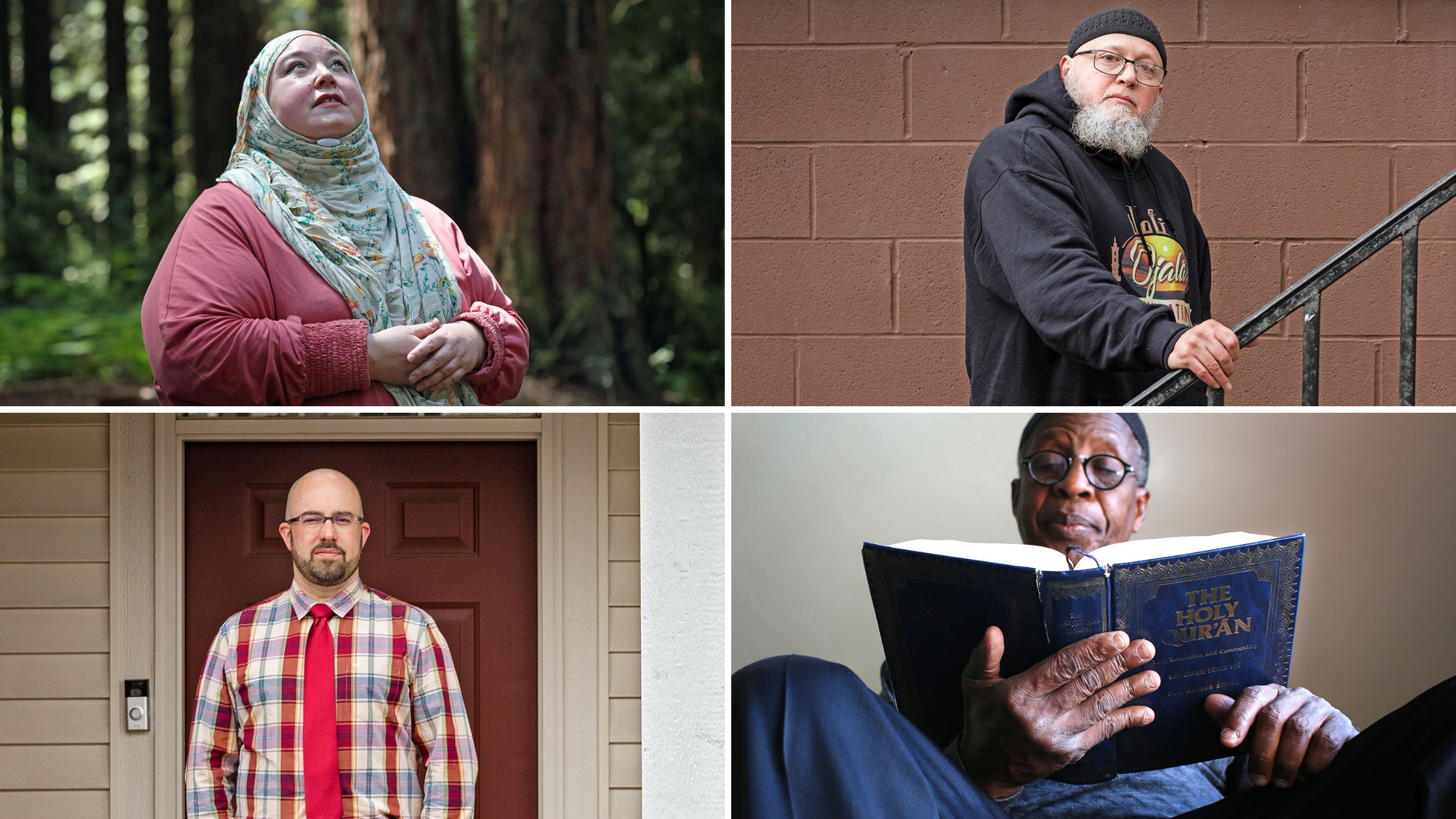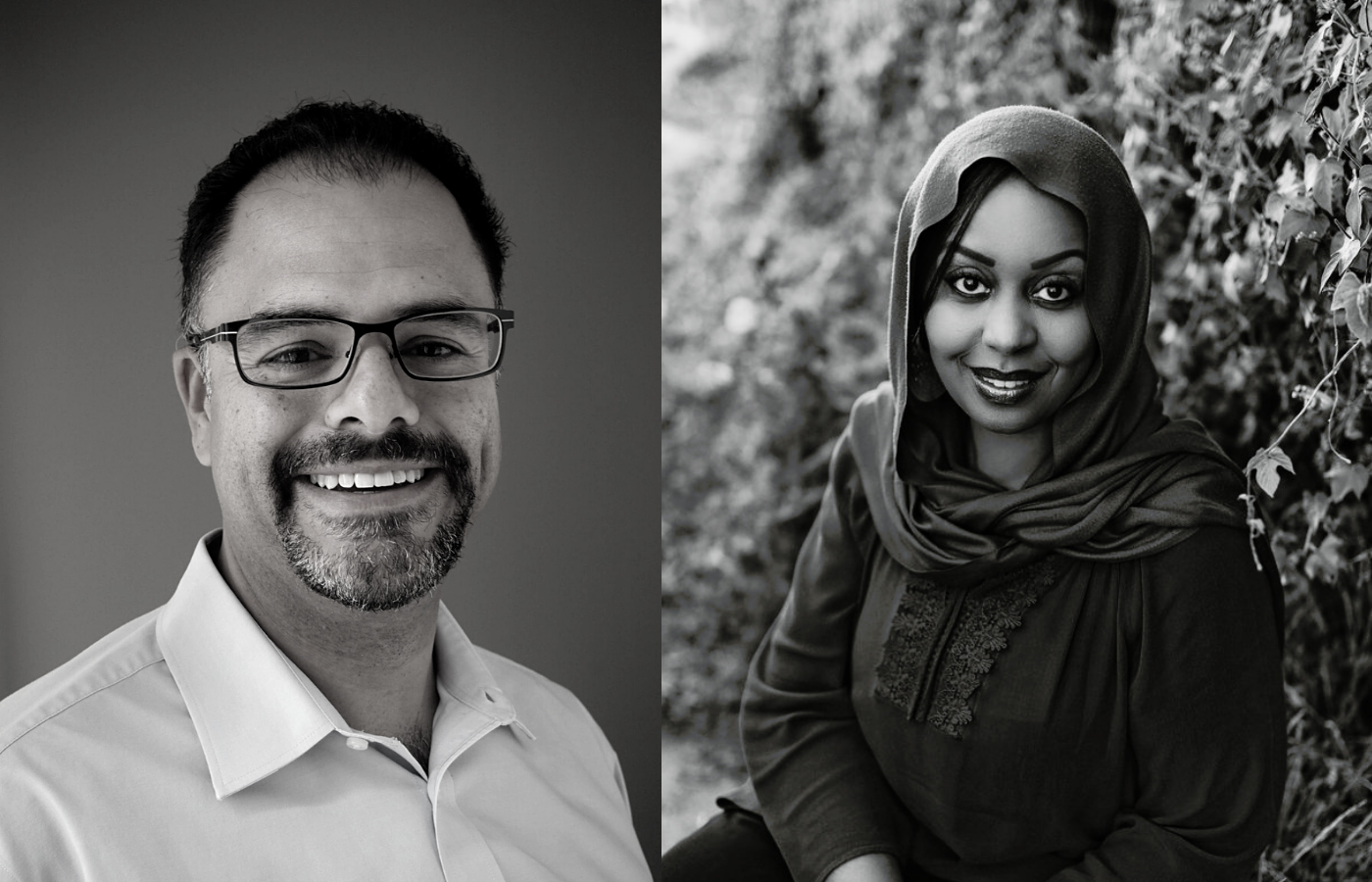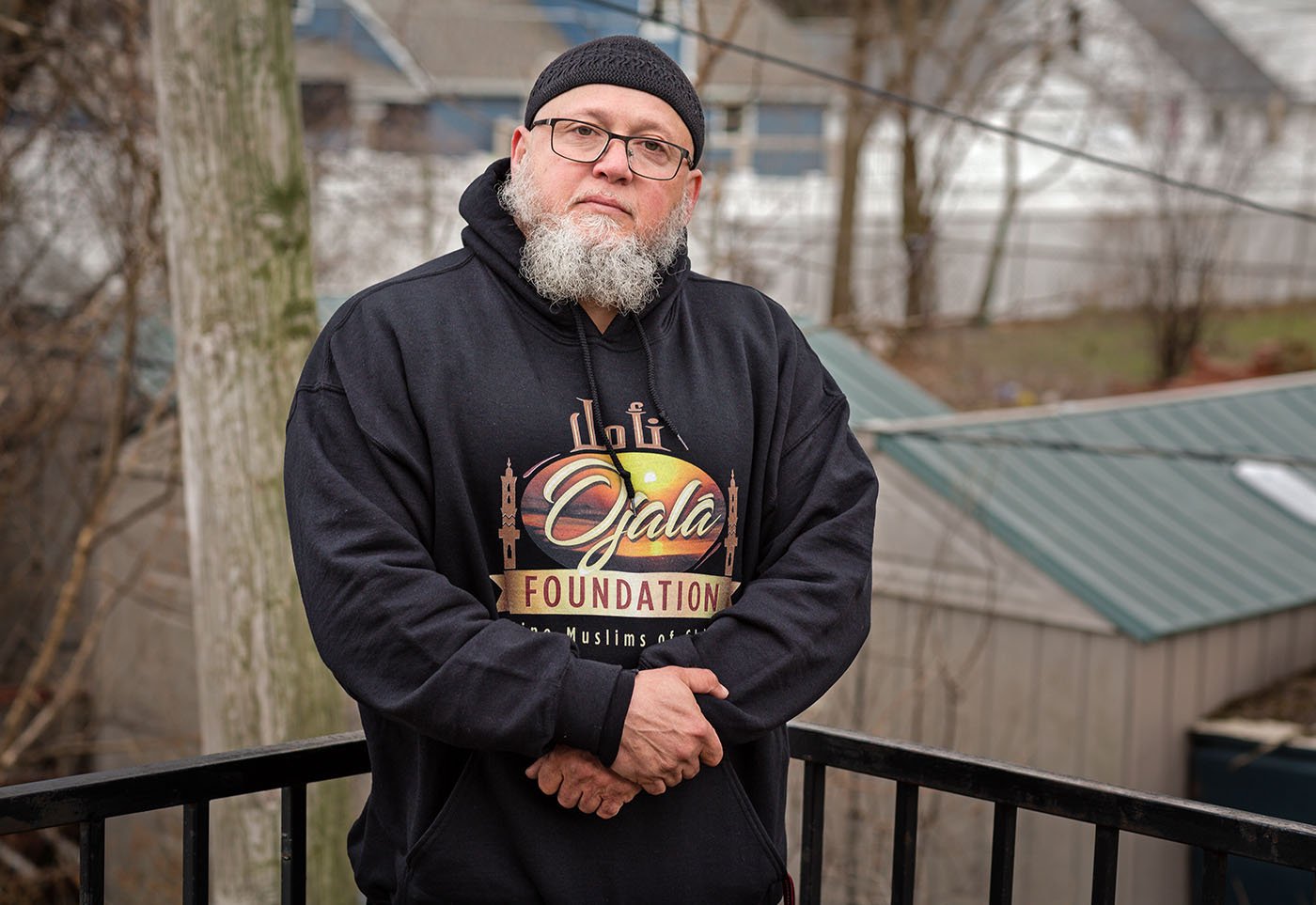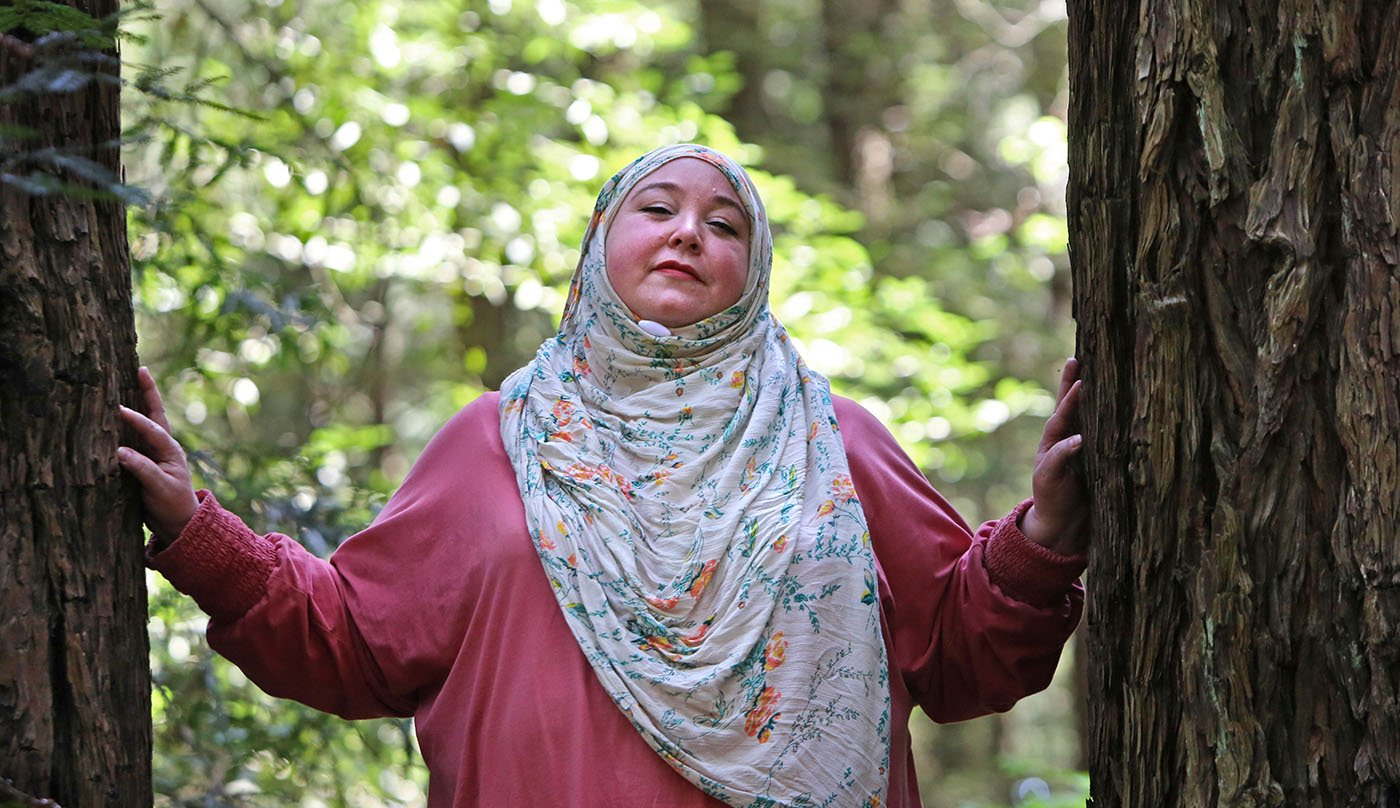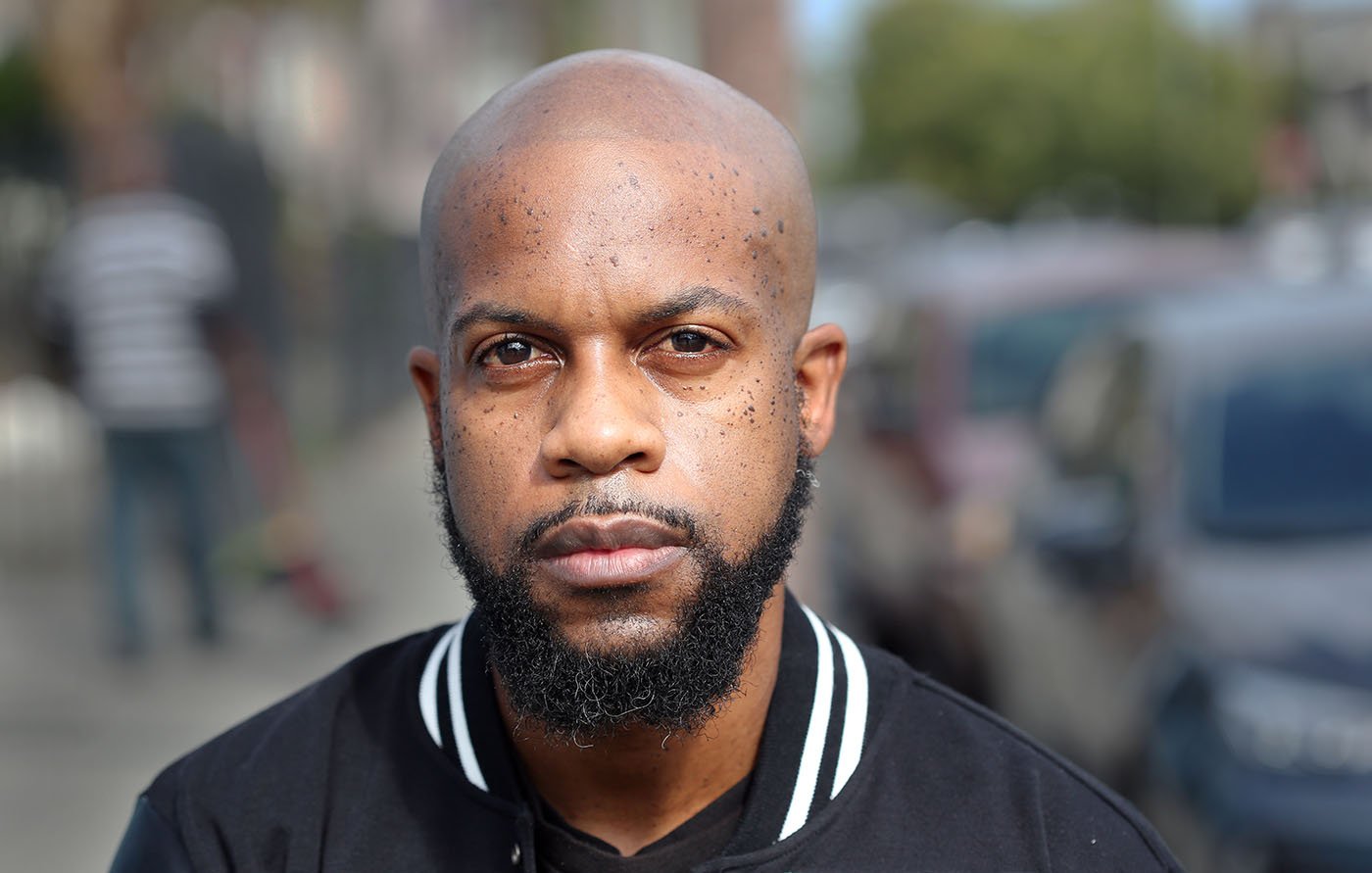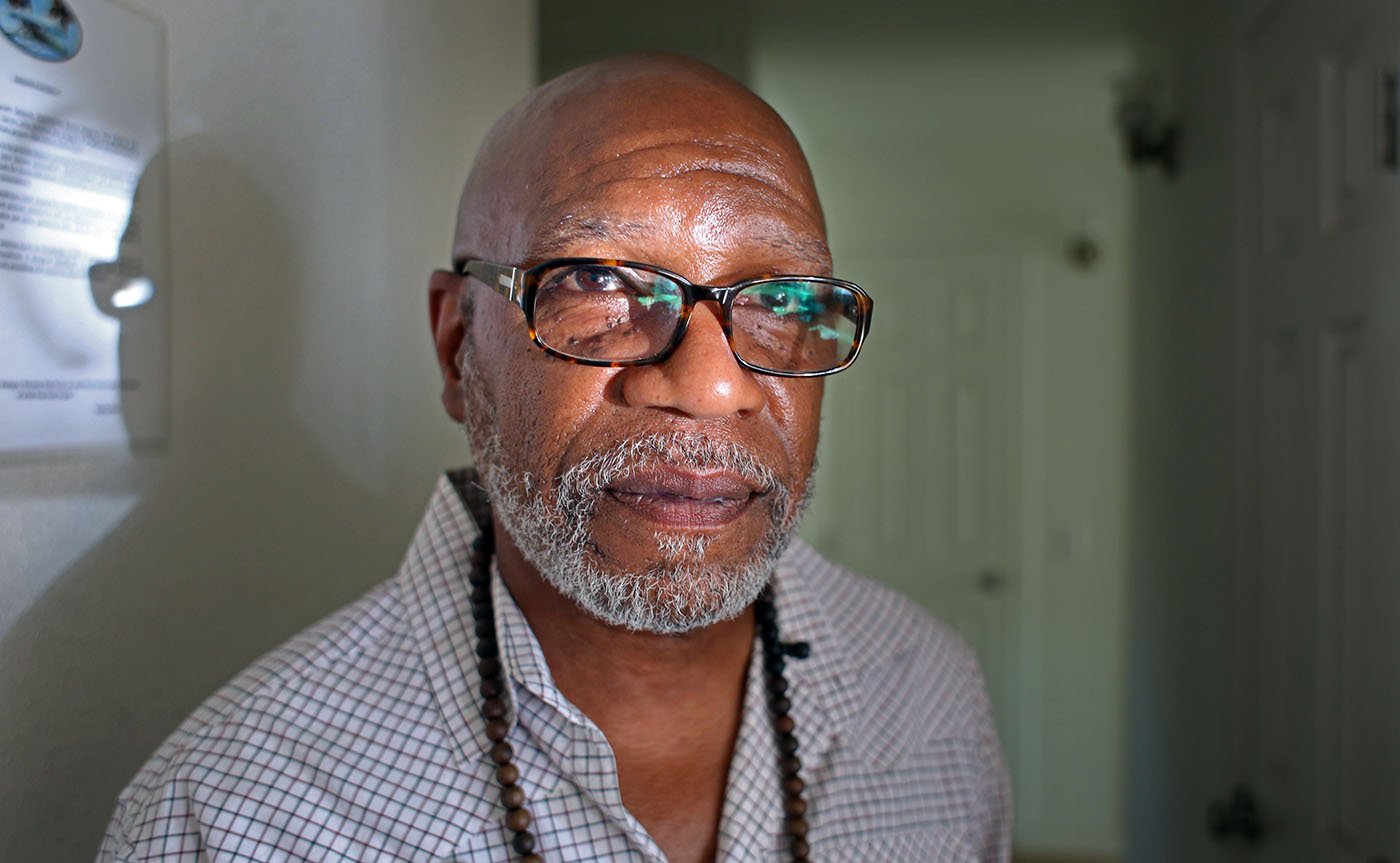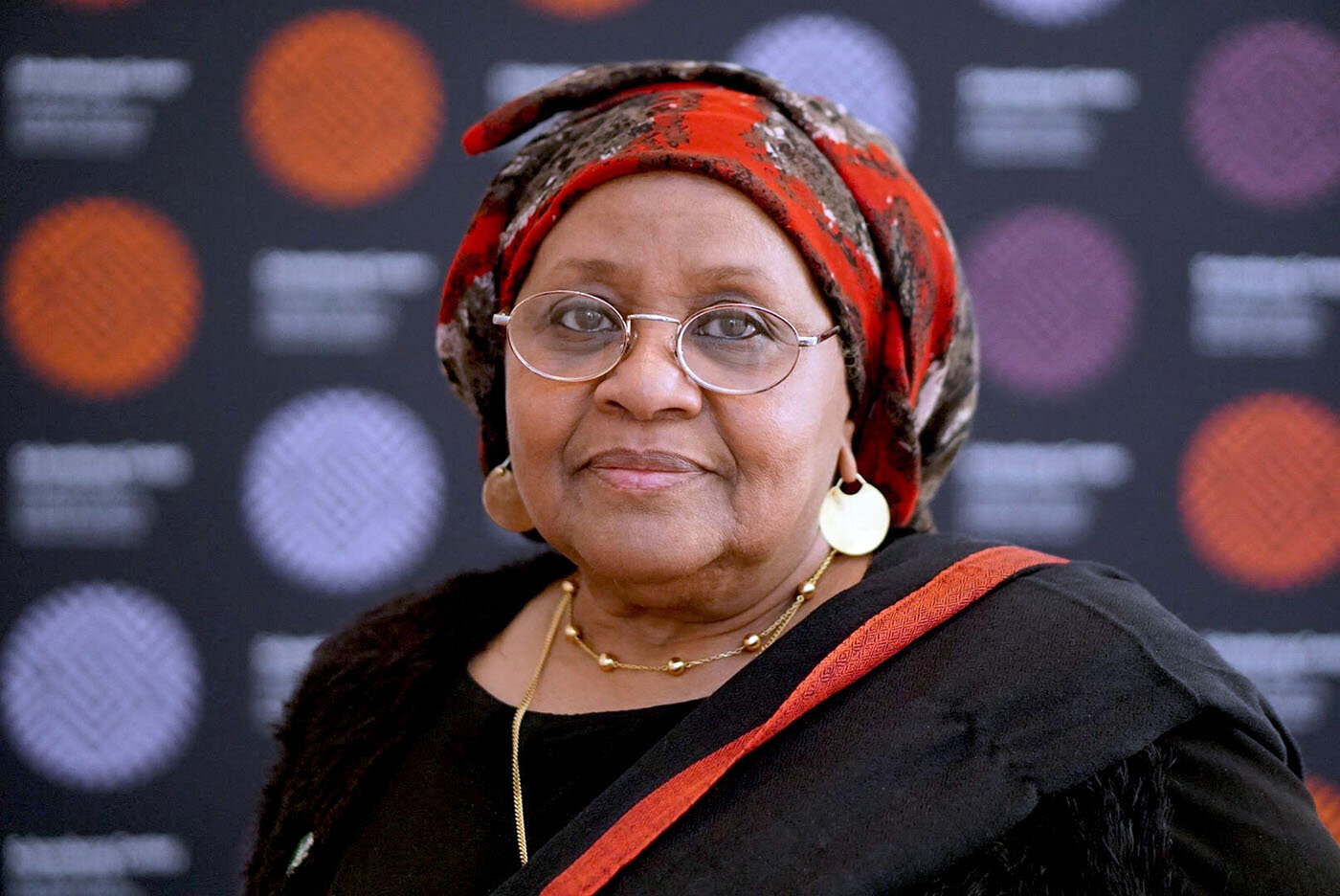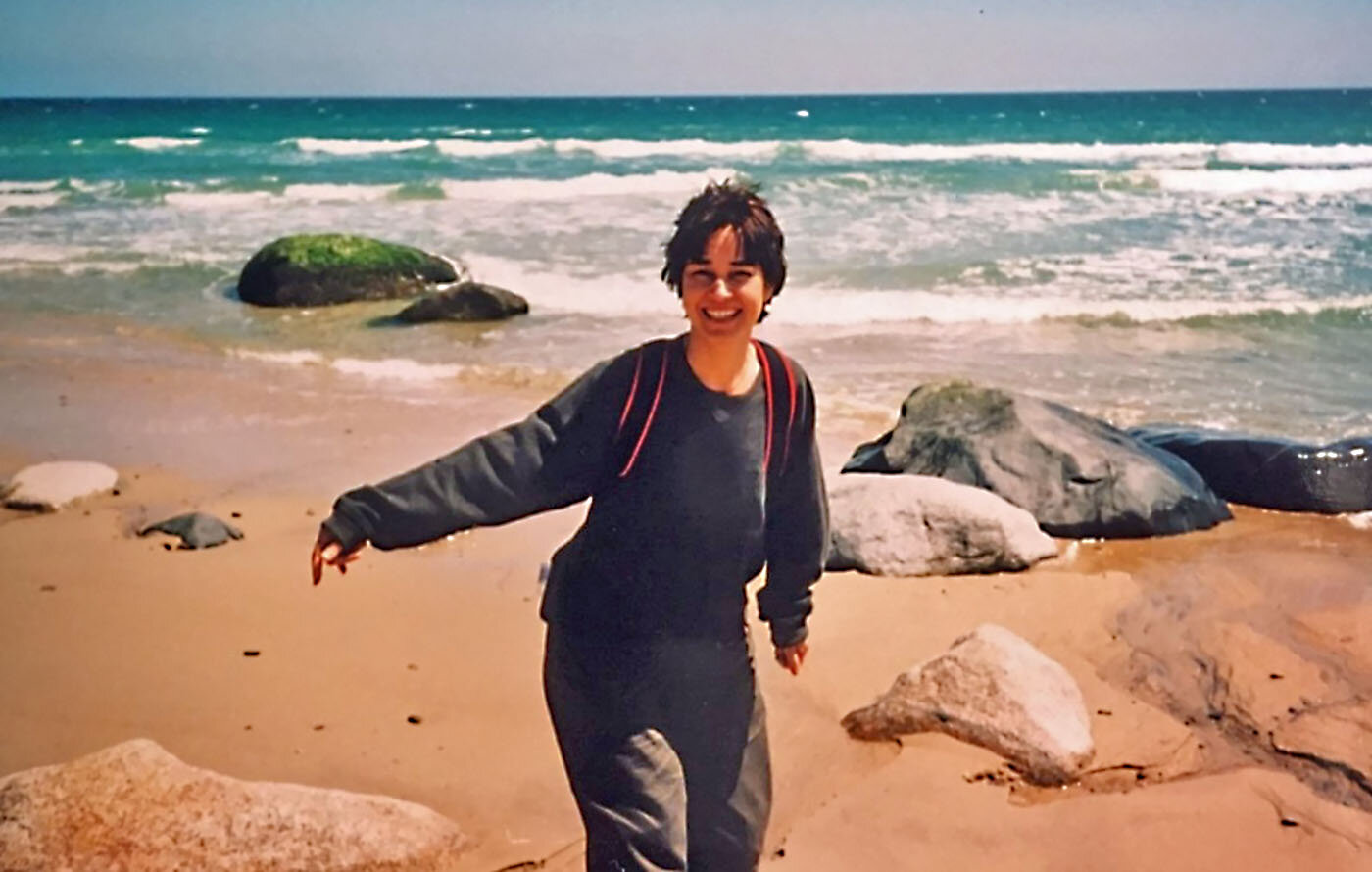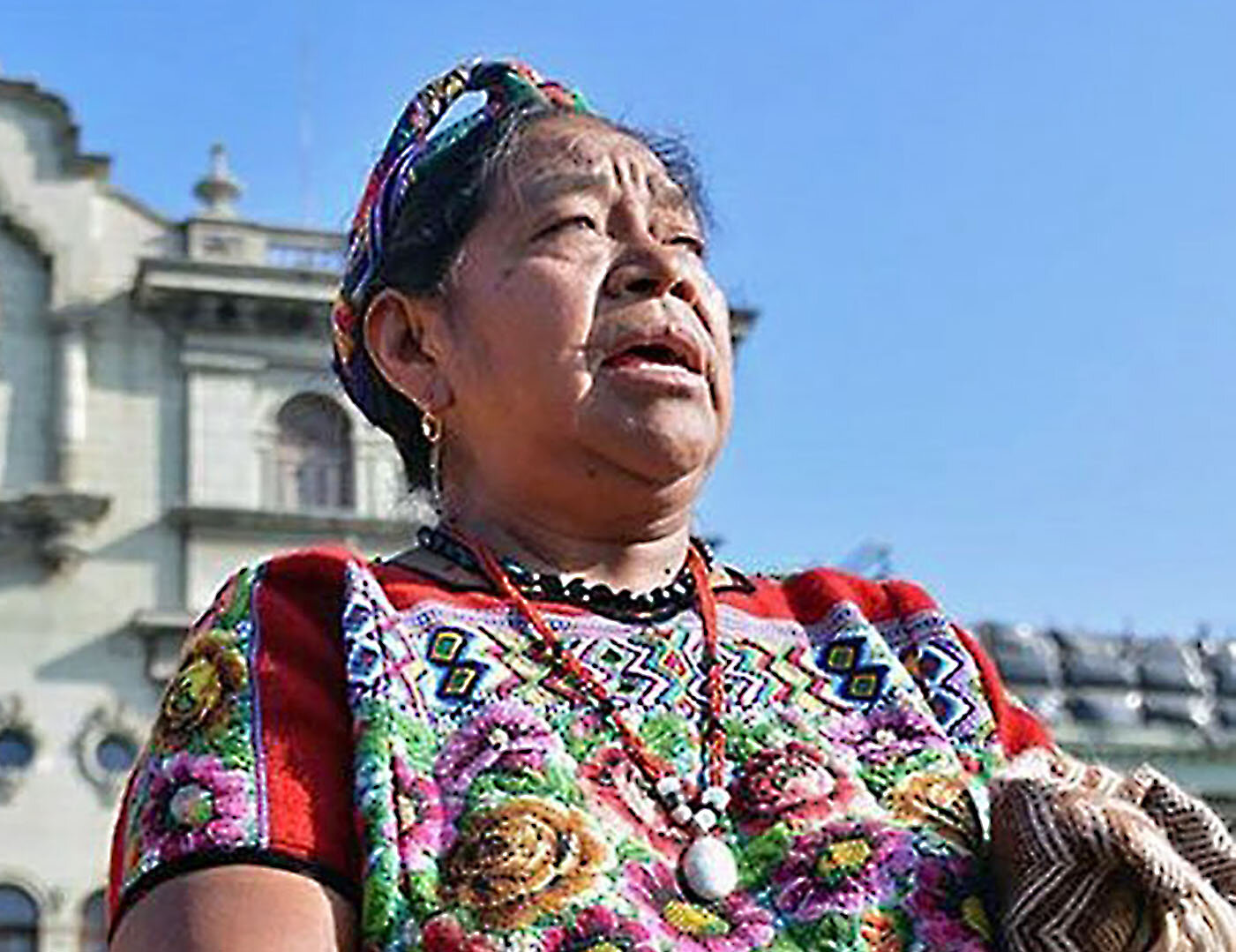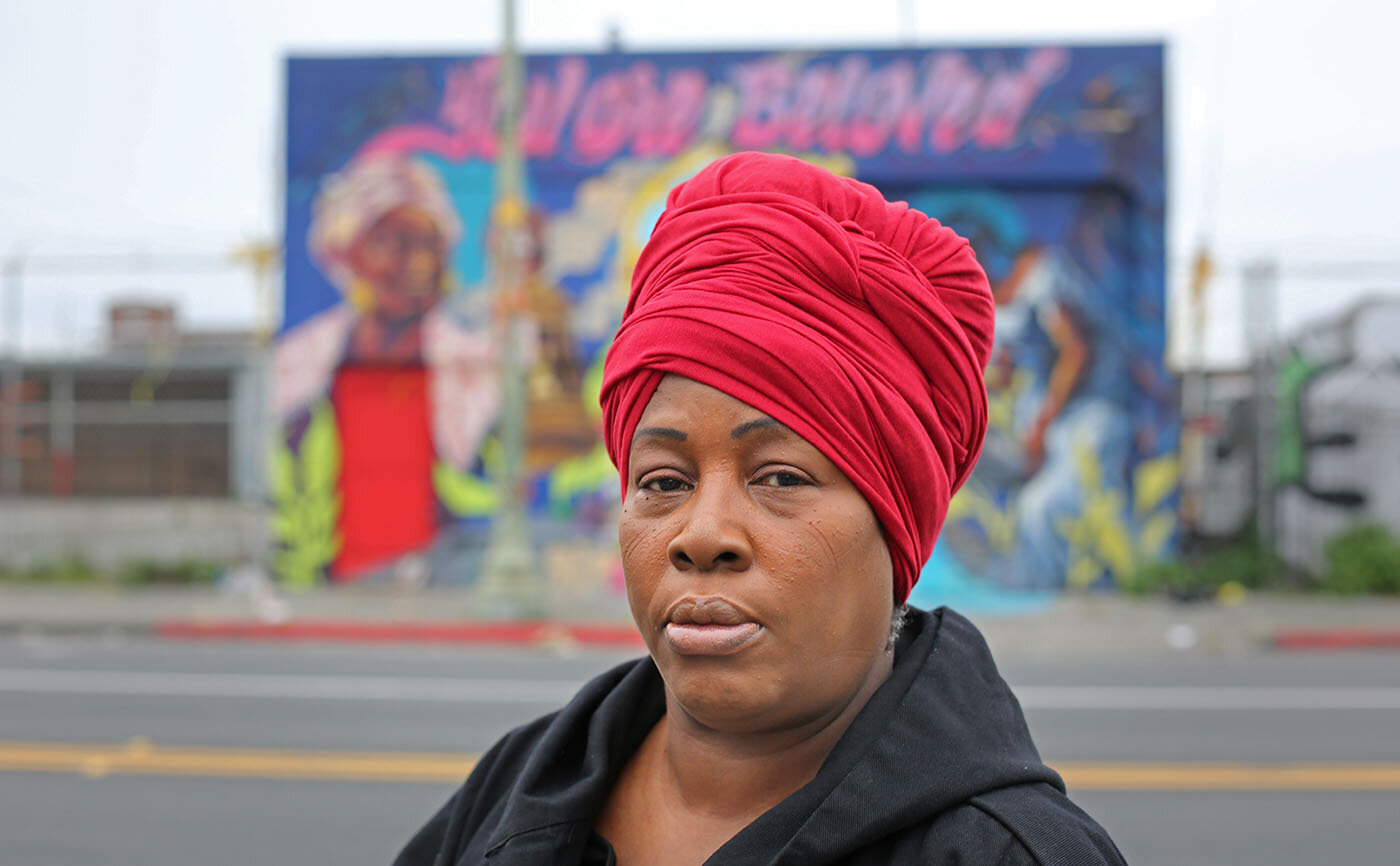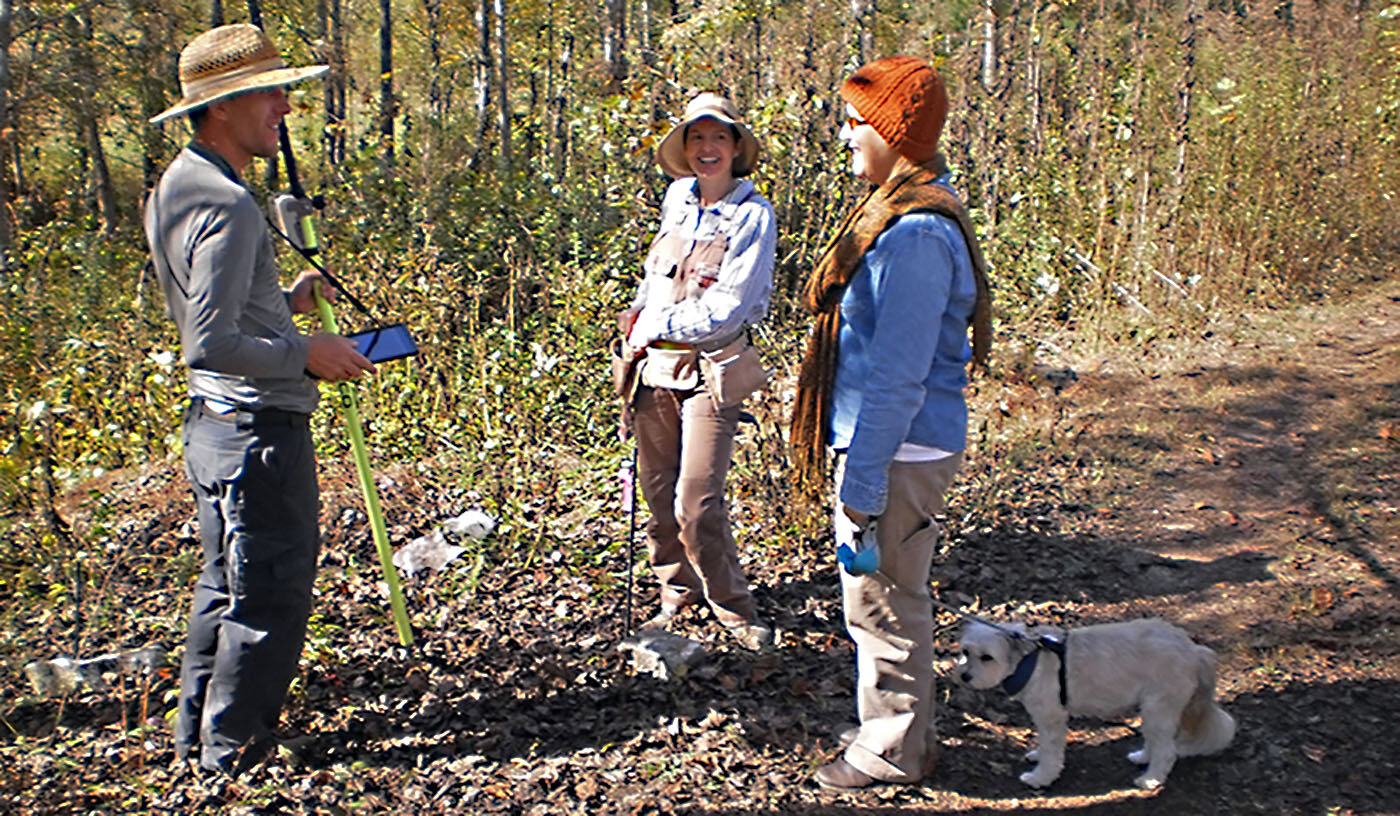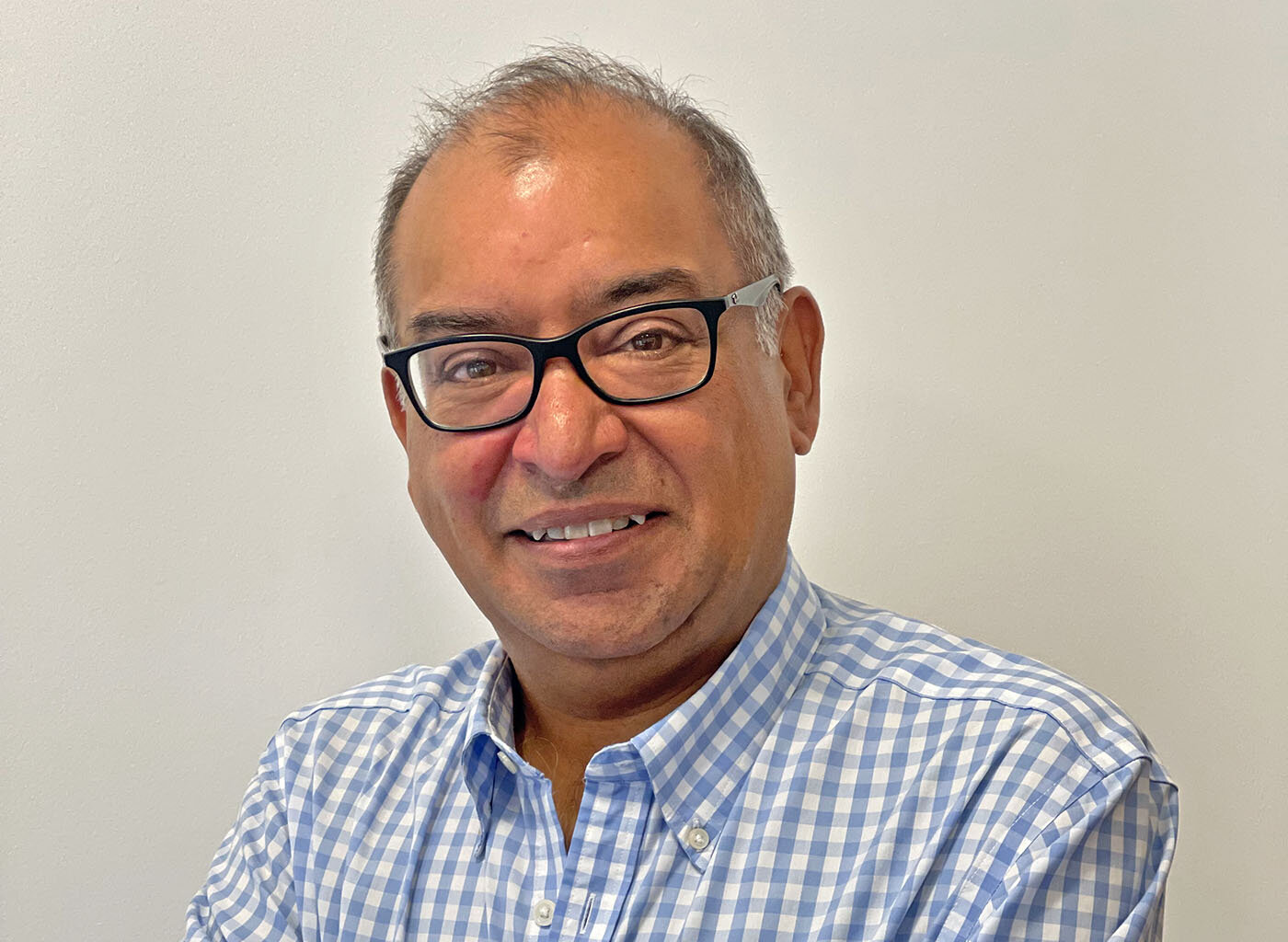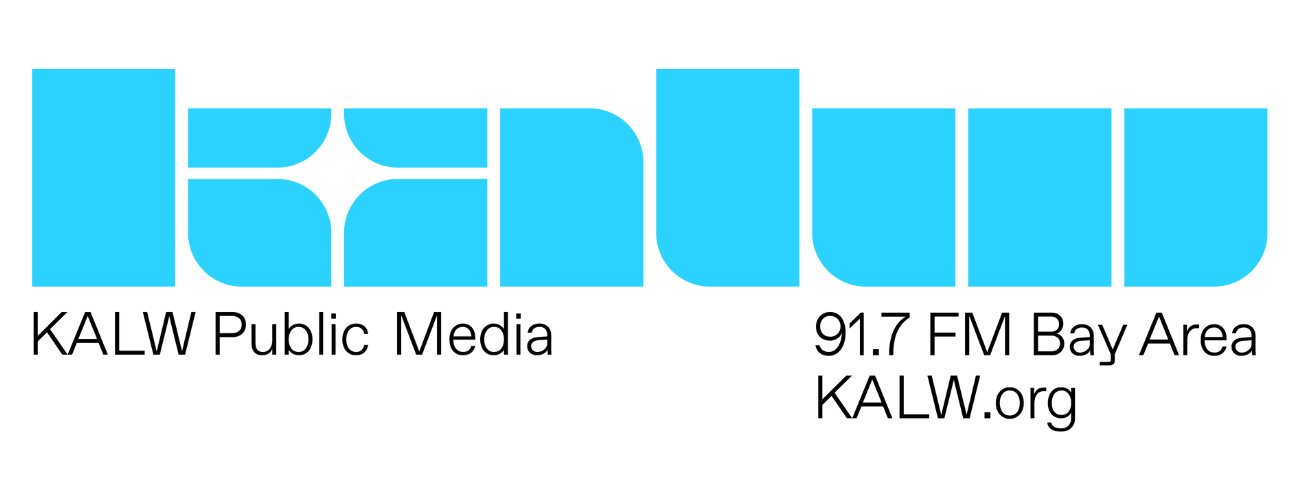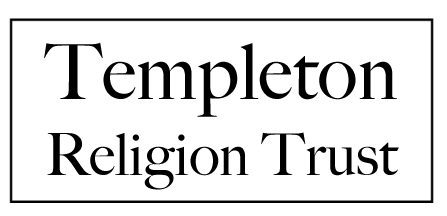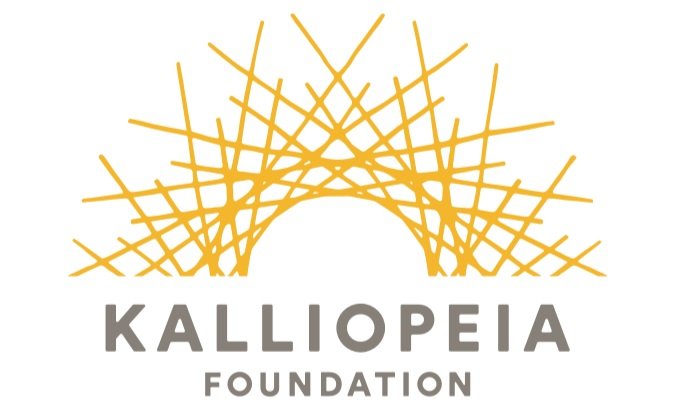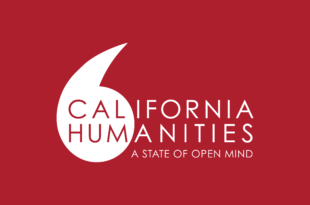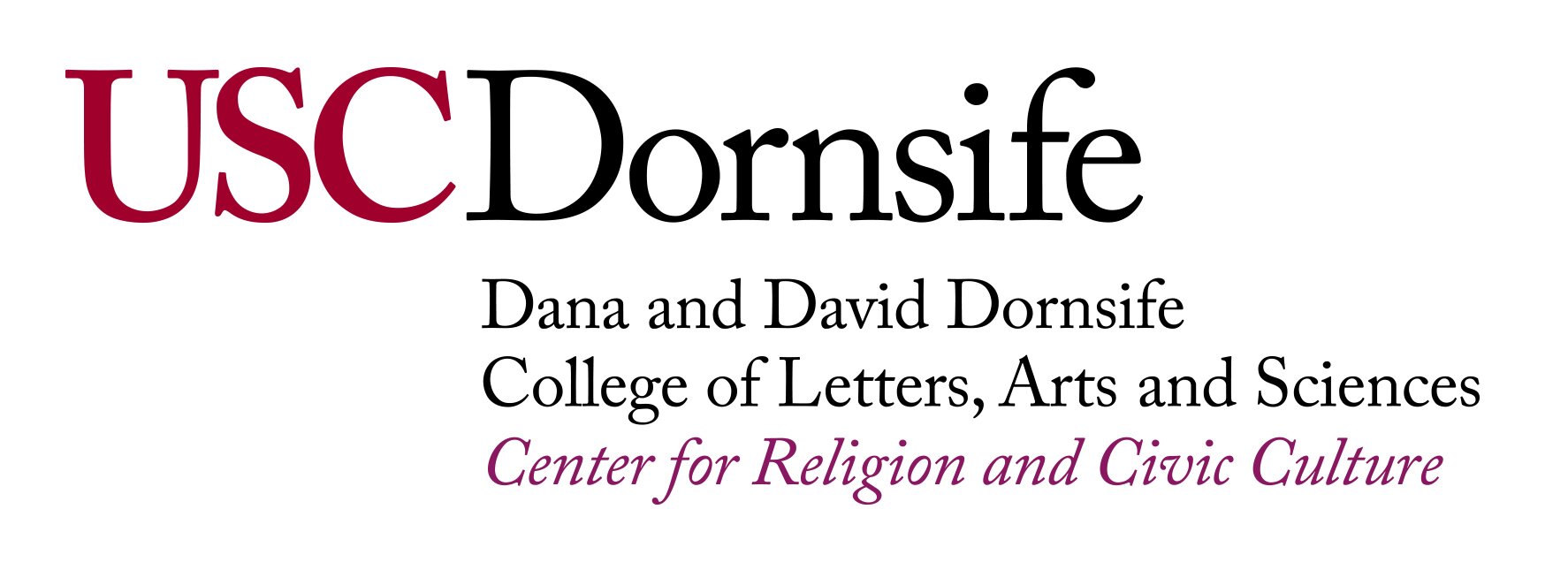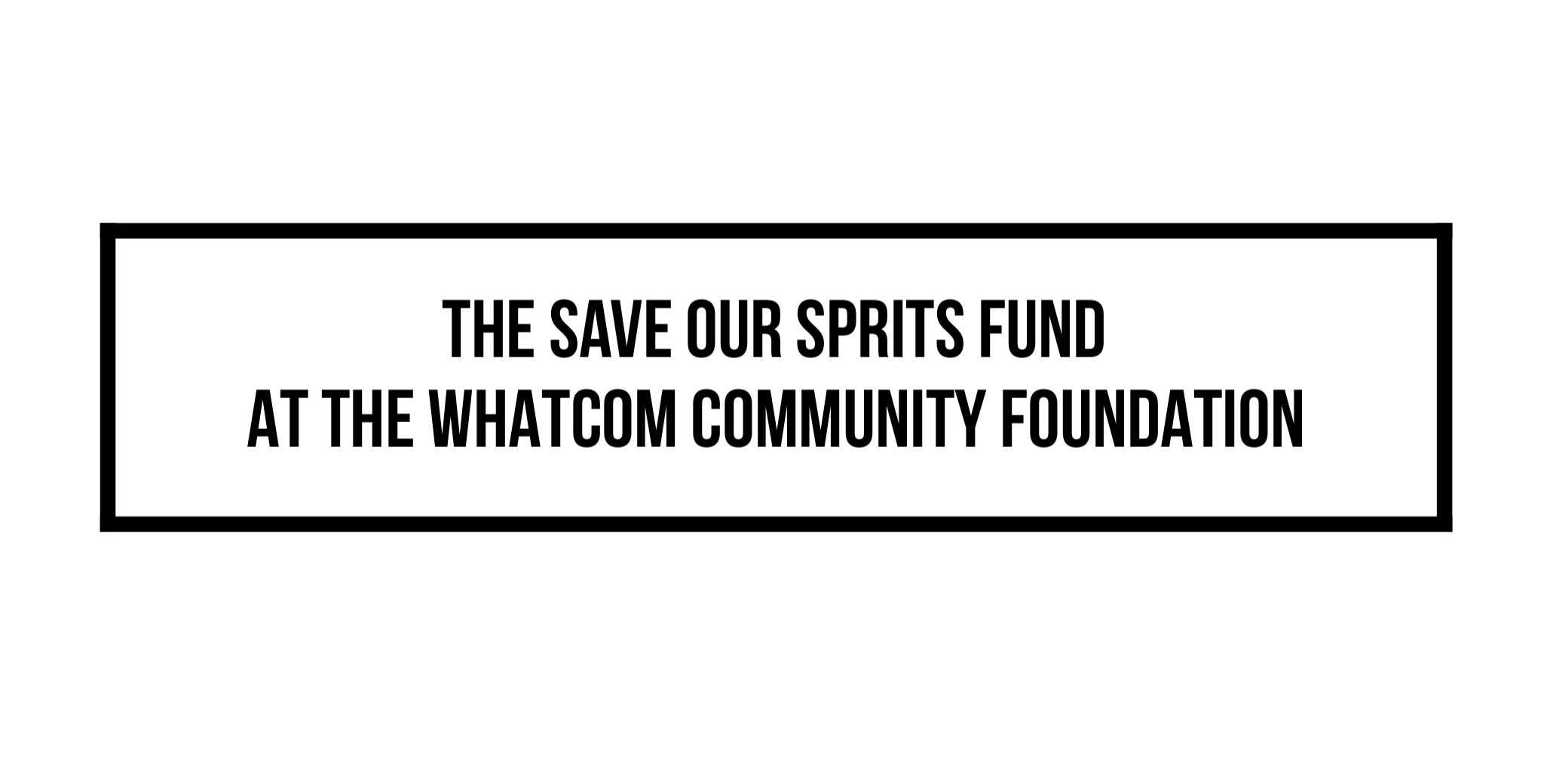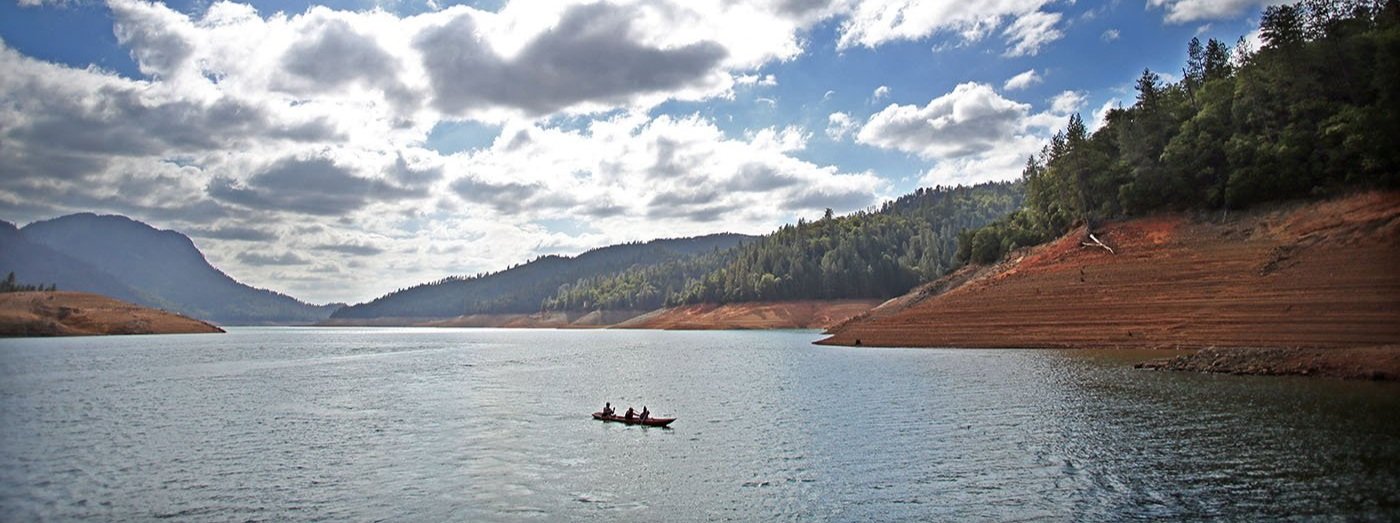

A Prayer for Salmon is here.
Listen and subscribe to KALW’s The Spiritual Edge wherever you listen to podcasts.
In a peaceful protest, the Winnemem Wintu call out the U.S. government for its refusal to acknowledge the destruction caused by Shasta Dam. The protest at the Shasta Dam Visitor Center reveals the Winnemem Wintu’s ongoing reality. They are ignored and later a security guard threatens to forcibly remove them.
We accompany the Winnemem Wintu to sacred sites near the McCloud River. The federal government’s Shasta Dam and Reservoir Expansion Proposal threatens these sites and the Winnemem Wintu way of life.
We go to Shasta Dam and learn about the history behind its construction in the 1930s and 1940s. We hear from Chief Caleen Sisk about how the federal proposal to raise the dam another 18 and a half feet opens old wounds for the Winnemem Wintu and further threatens their tenuous survival.
An elder remembers indigenous life back before Shasta Dam was built. The legality of the proposal to raise Shasta Dam is considered. Meanwhile, Chief Caleen Sisk considers a new strategy to fight back: turning an adversary — the Westlands Water District — into an ally.
The Winnemem Wintu and supporters start a two-week Run4Salmon prayer to call salmon back to the waters above Shasta Dam. The Run follows the salmon’s migration path from the ocean to the mountains. It starts in the Bay Area where the Winnemem Wintu and supporters encounter environmental devastation first set in motion 200 years ago.
As the Run4Salmon continues to travel upstream, the Winnemem Wintu and supporters witness more obstacles faced by migrating salmon. Once a vast marshland, the Sacramento-San Joaquin River Delta was an important haven for juvenile salmon, but now is a gauntlet of human engineering. Chief Caleen Sisk stands up for salmon and water health at a bureaucratic meeting of Sacramento Valley water districts.
Previously on The Spiritual Edge…
The Becoming Muslim series: 8 audio profiles of Americans who choose Islam and what happens after.
In the documentary, Hana Baba walks us through the stories of four Americans who have chosen Islam and the joys and challenges of their lives after conversion. This is a great episode to share and we hope you will.
Did enslaved Africans bring Islam to America? Or did they sail with Christopher Columbus first? How did Islam spread in the United States and who spread it? Host Hana Baba dives into the history of Islam in America with Dr. Edward E. Curtis IV, a scholar of Muslim American, African American, and Arab American history and life.
Aaron Siebert-Llera and Raul Gonzalez both live in the Chicago area and both converted to Islam twenty years ago. And both have been trying to answer the question of how to reconcile their identity as Latinos — and Muslims — ever since.
Sofie Lovern is a Latina convert and comedienne who learned the difficulty of trying to merge two very different cultures in a marriage, even when their religions were the same. Her struggle with marriage is not uncommon with new convert women who are often rushed into marriage. Her marriage fails, but her comedy brings her through it all. She emerges unmarried but still Muslim.
Tyson Amir’s family knew he would become Muslim from a young age. He was influenced by the revolutionary example of Malcolm X. And also by the legacy of resistance embodied by his great-great-great-grandfather, an enslaved man who was Muslim, according to family lore.
Convicted of first-degree murder and sent to Folsom State Prison, Wendell El-Amin James gravitated towards the Muslim prisoners out of a need for protection. But ultimately his conversion restructured his life to one of education and purpose.
For all stories in the series Becoming Muslim, click here.
The Sacred Steps series: 18 audio stories of struggle and never giving up hope.
Women don’t always feel welcome in American mosques. They’re sometimes turned away, sent to basements to pray, or discouraged from serving on the boards of directors. Aisha al-Adawiya has devoted her life to changing that. She’s inspired a national campaign — and a fatwa — that’s persuading the men who control mosques to share space and power.
Independent producer Maria Martin offers this remembrance of the late Sister Dianna Ortiz, who survived torture in Guatemala during the 1980s. She and went on to fight for human rights and to speak out about the use of torture globally. She did so until her death in February 2021, even while still suffering from the trauma of her experience.
The Central American country of Guatemala promotes its indigenous heritage to tourists. At the same time, its government has historically marginalized and discriminated against the Maya, many of whom endured terrible violence during a decades-long civil war. Twenty five years after the war’s end, human rights leader Rosalina Tuyuc is promoting healing for her people based on ancient Maya wisdom.
California reports more cases of human tracking than any state In Oakland, most sex trafficking victims are Black girls under the age 18. Regina Evans is an activist and artist using her creative gifts to call attention to this crisis and rescue girls.
Caroline Yongue runs a small green burial cemetery in Western North Carolina. It’s part of a larger project to change how Americans approach death and grief -- creating new ways to live with loss, from the ground up.
Mehool Sanghrajka isn't your typical tech CEO. To start with, his worldview is grounded in ancient Indian philosophy, one which inspires him to serve not just his close-knit religious community, but extends to people he's never met.
For all stories in the series Sacred Steps, click here.
Podcast Season 4: A Prayer for Salmon
Drops February 2023
“For me, spirituality is bathing every daily action with God. There’s no dichotomy between the spiritual and what we do each and every day, whether I’m eating pork rinds or at a meeting or saying mass.”
— Father Ismael Moreno Coto
“I have one foot planted in religion and the other planted in spirituality.
Together they dance. Otherwise, I’m just hopping.”
— Karen Erlichman

